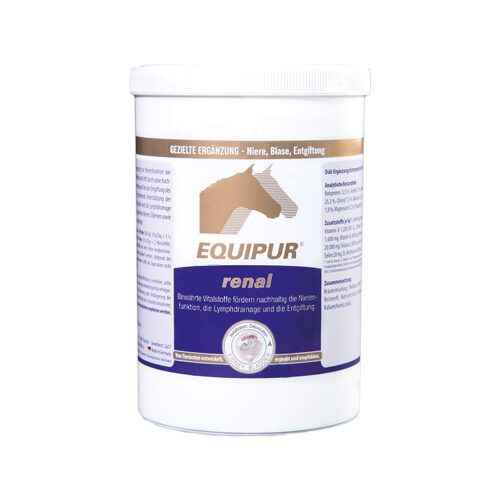Ragwort
Ragwort, or Jacobaea Vulgaris, is a common wild flower that is extremely poisonous for horses. Ragwort has a very bitter taste, which is why horses normally do not eat it. However, when the plant dries it loses its strong taste and could become a danger. Eating a sufficient amount of ragwort, this could be a large amount at once or small amounts over time, can lead to liver damage.
Common Liver Fluke
The common liver fluke, also known as sheep liver fluke, is a parasite usually found in ruminants and, recently, is becoming more common in horses. Common liver fluke occurs almost exclusively in animals that graze in wet, swampy fields, because snails carry the flukes and function as intermediate hosts. As the name suggests, common liver fluke damages the liver and can range from mild to very severe clinical conditions.
Kidney Problems
Although kidney problems and renal failure do not occur as often in horses as they do in domestic pets, they can become very serious. Examples of kidney problems in horses include kidney stones and tumours. Horses usually only develop clinical (or visible) symptoms once a substantial amount of their kidney function has already been lost.
Vetsend has a range of products that may help support kidney, bladder and liver problems in horses by Groene Os, Phytonics and Sensipharm.








